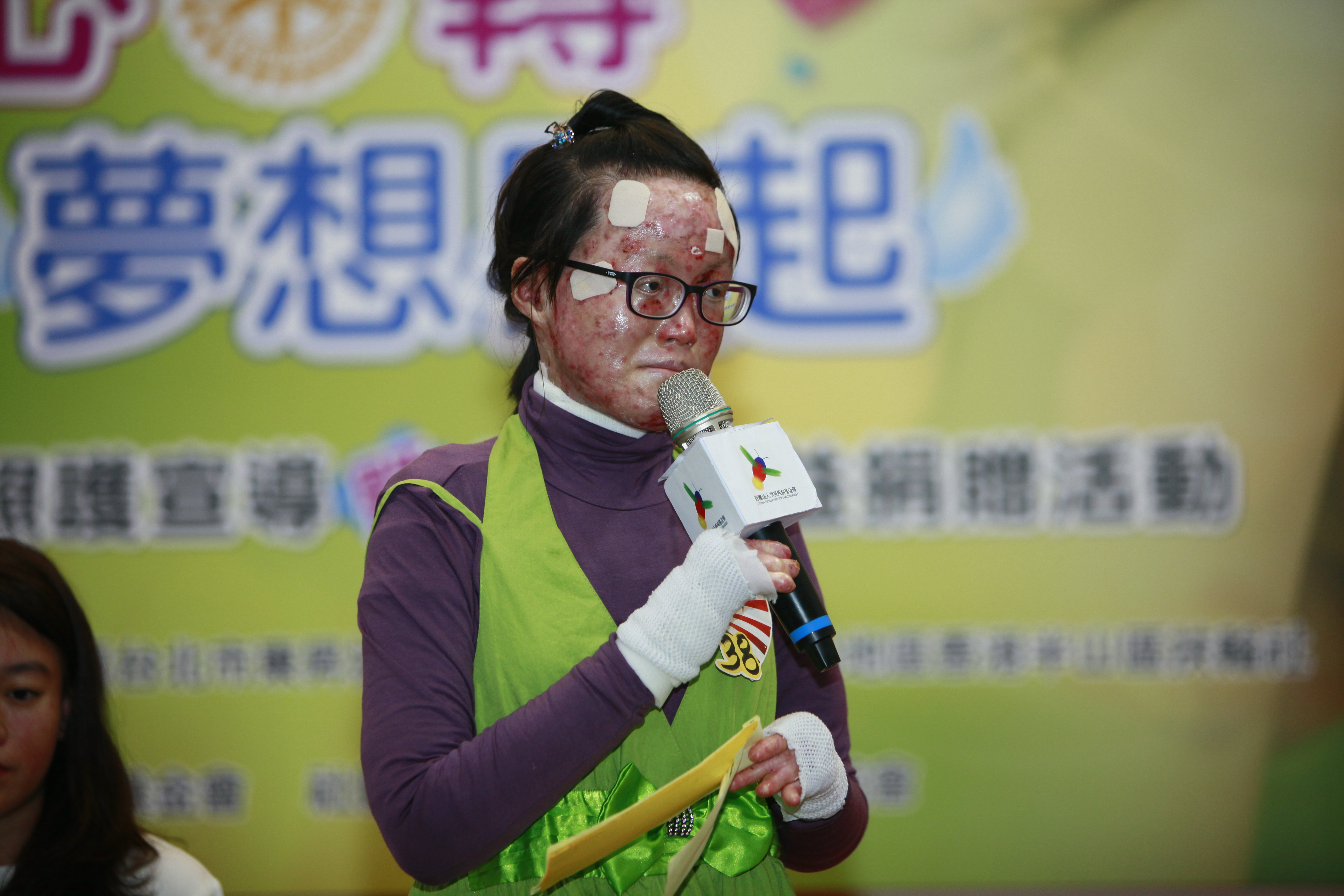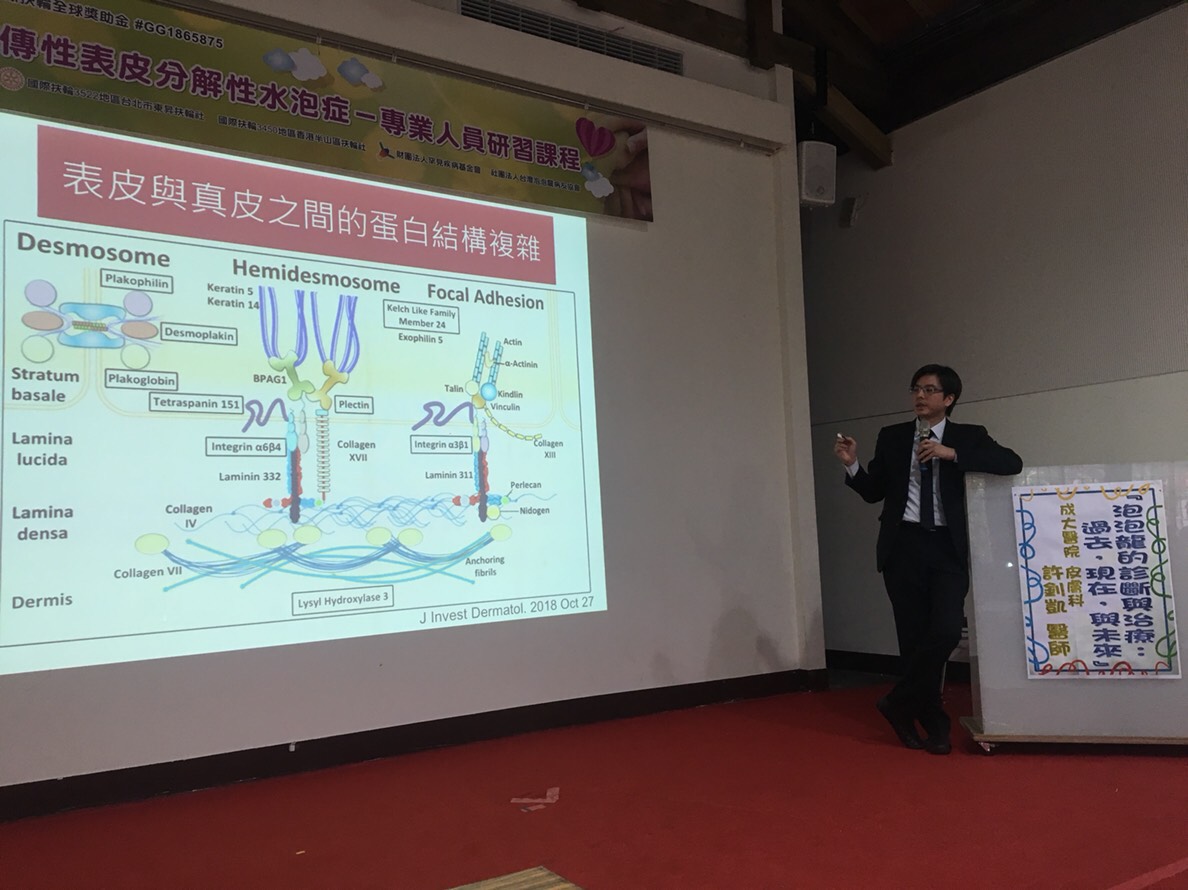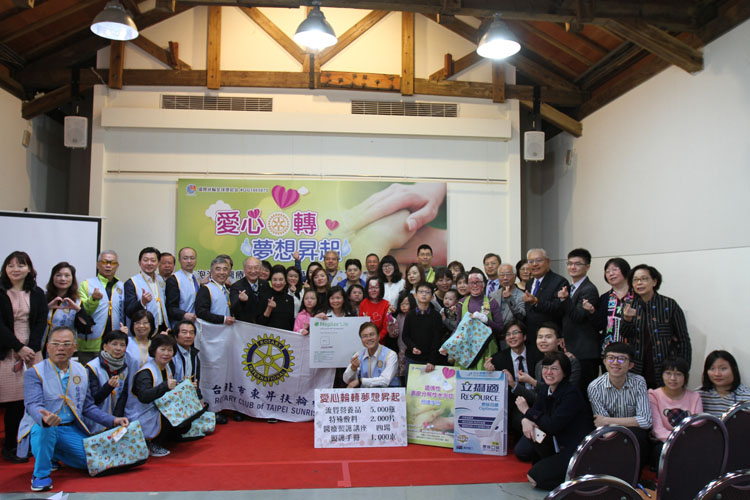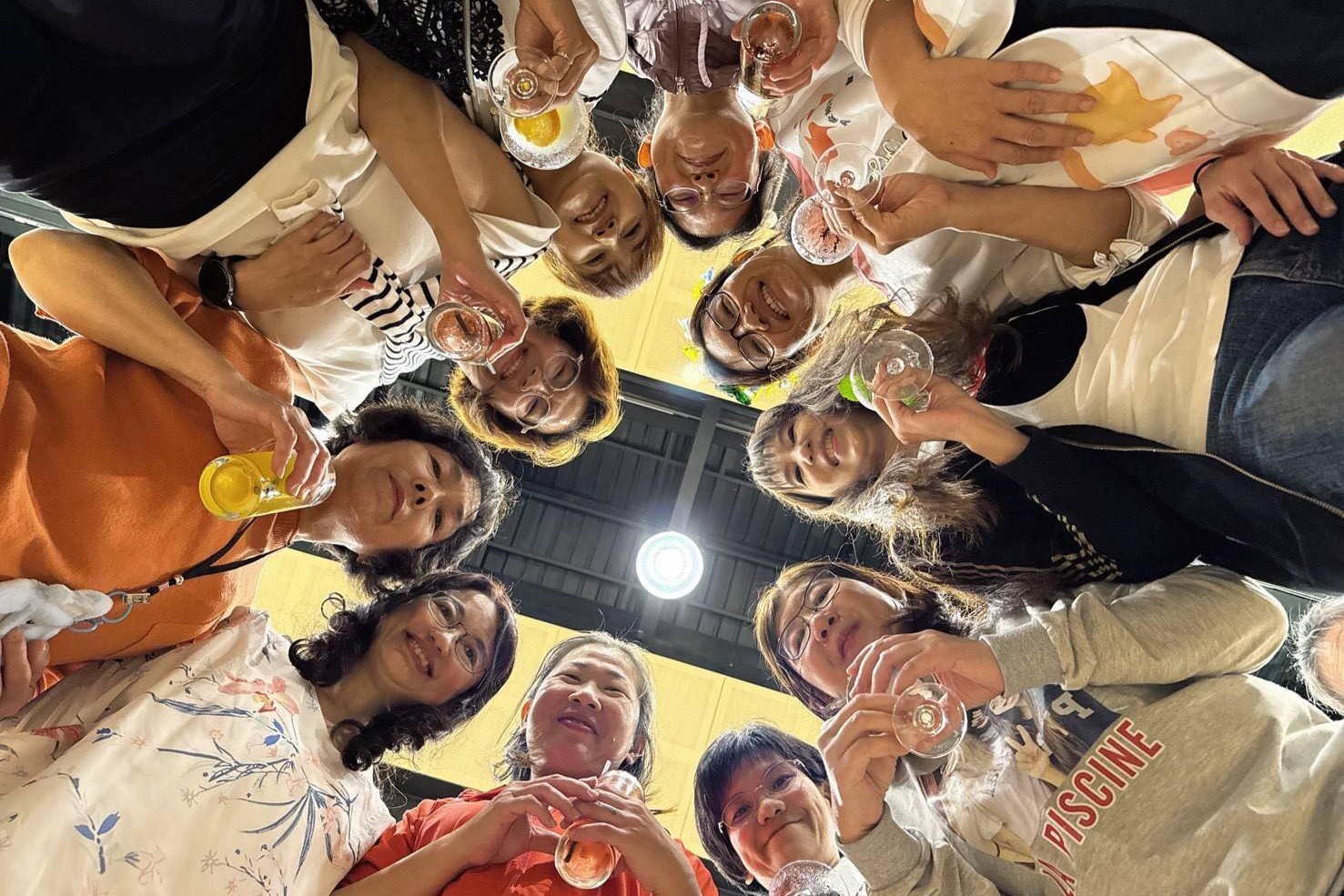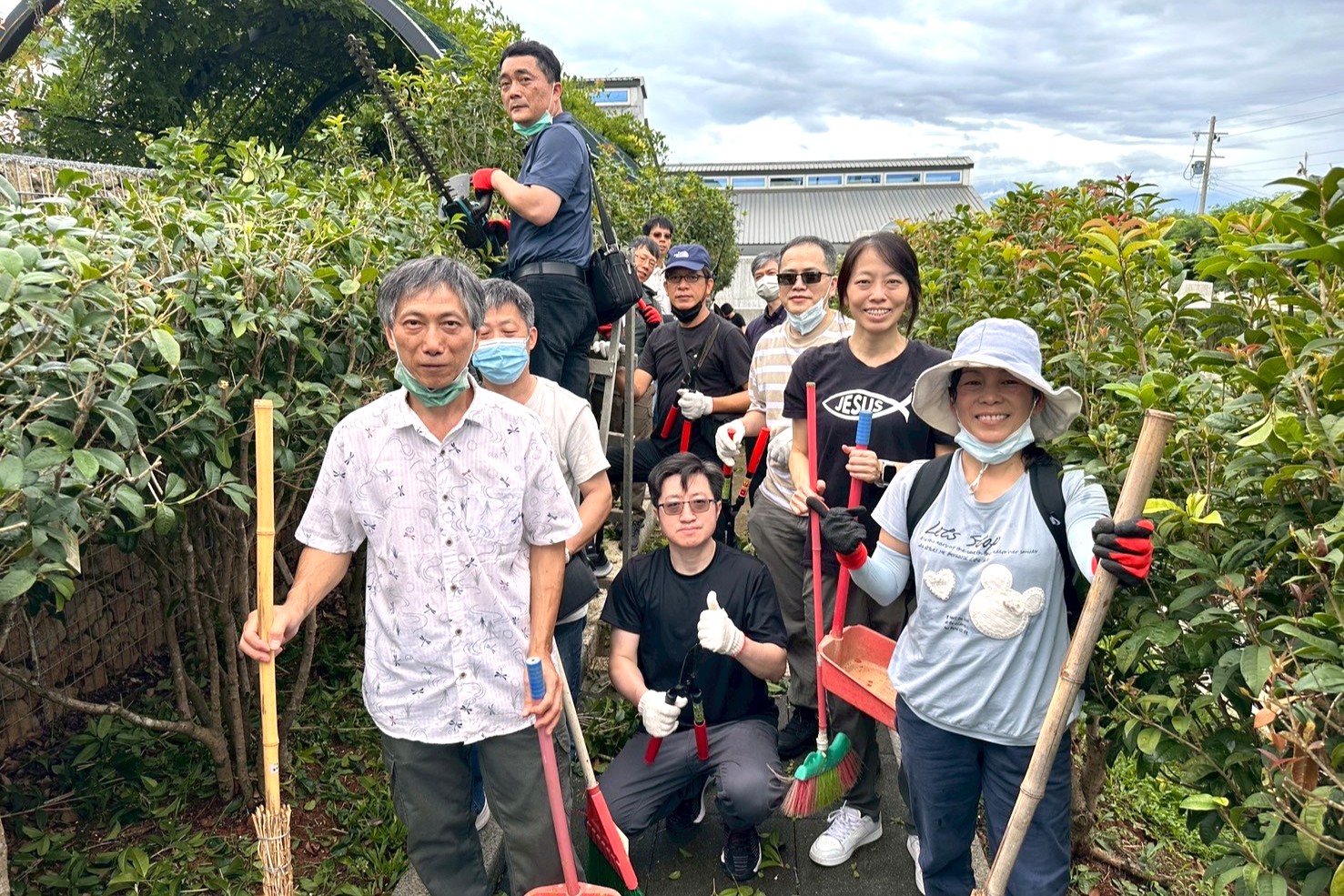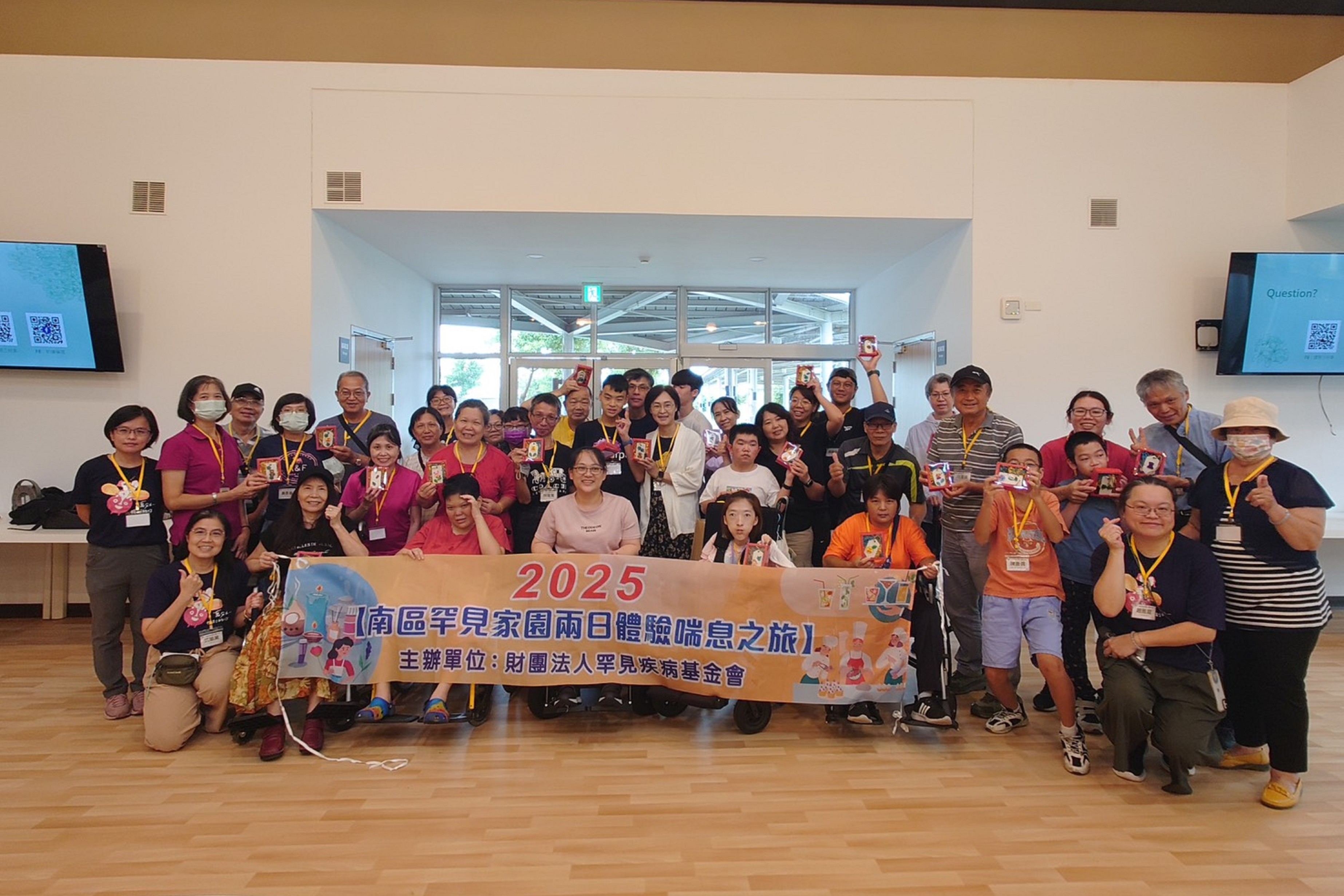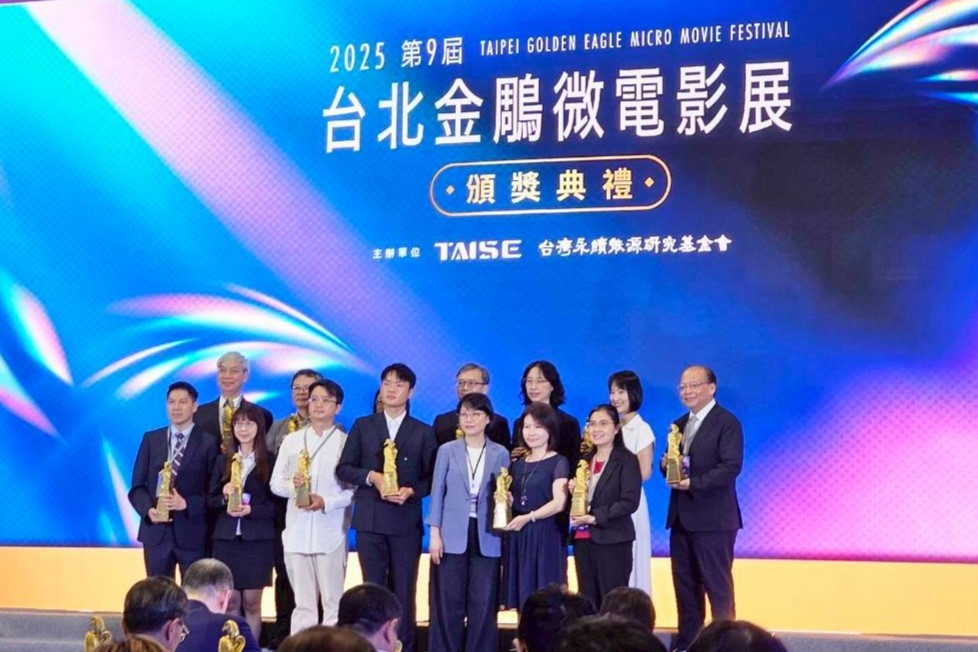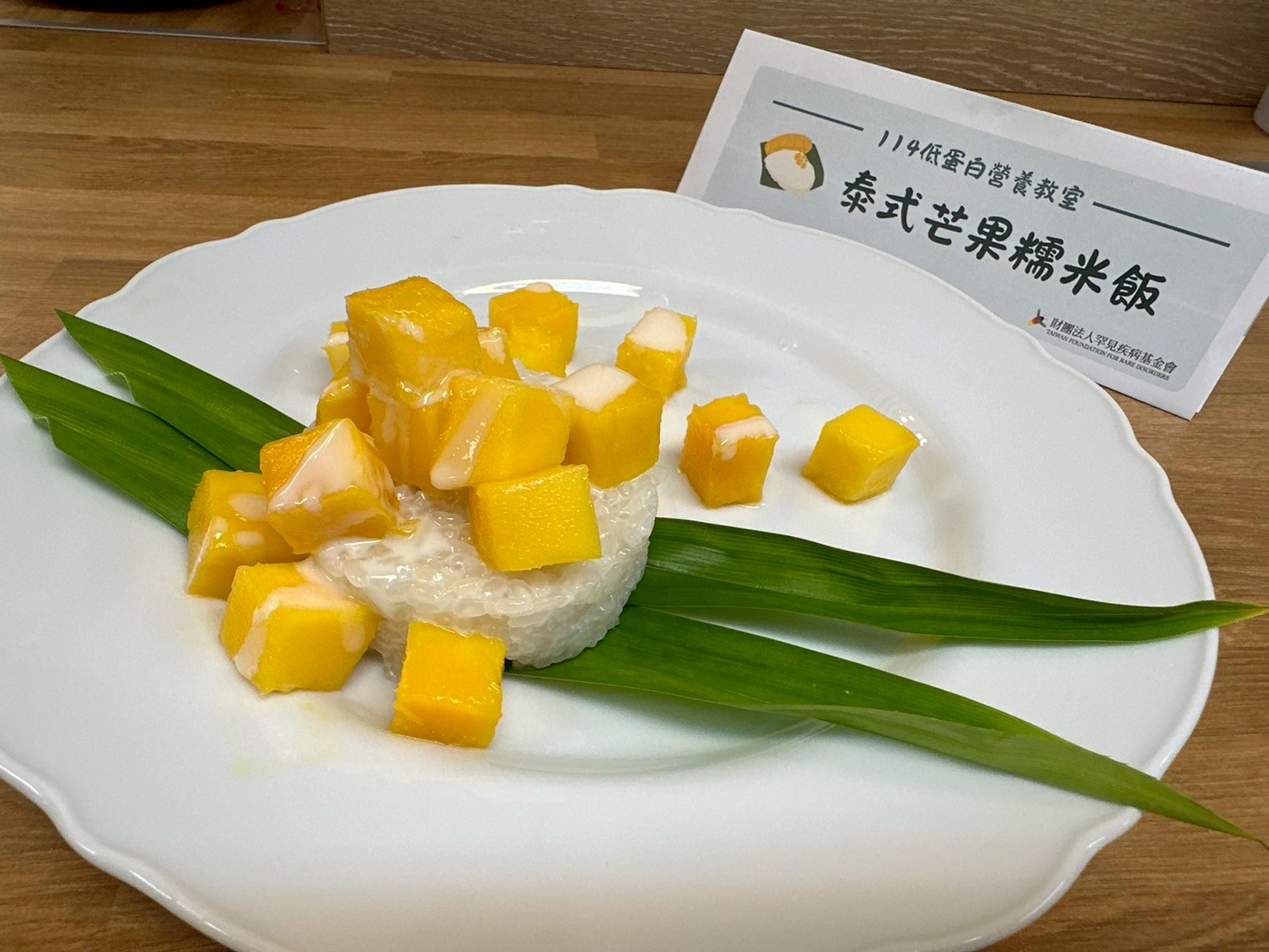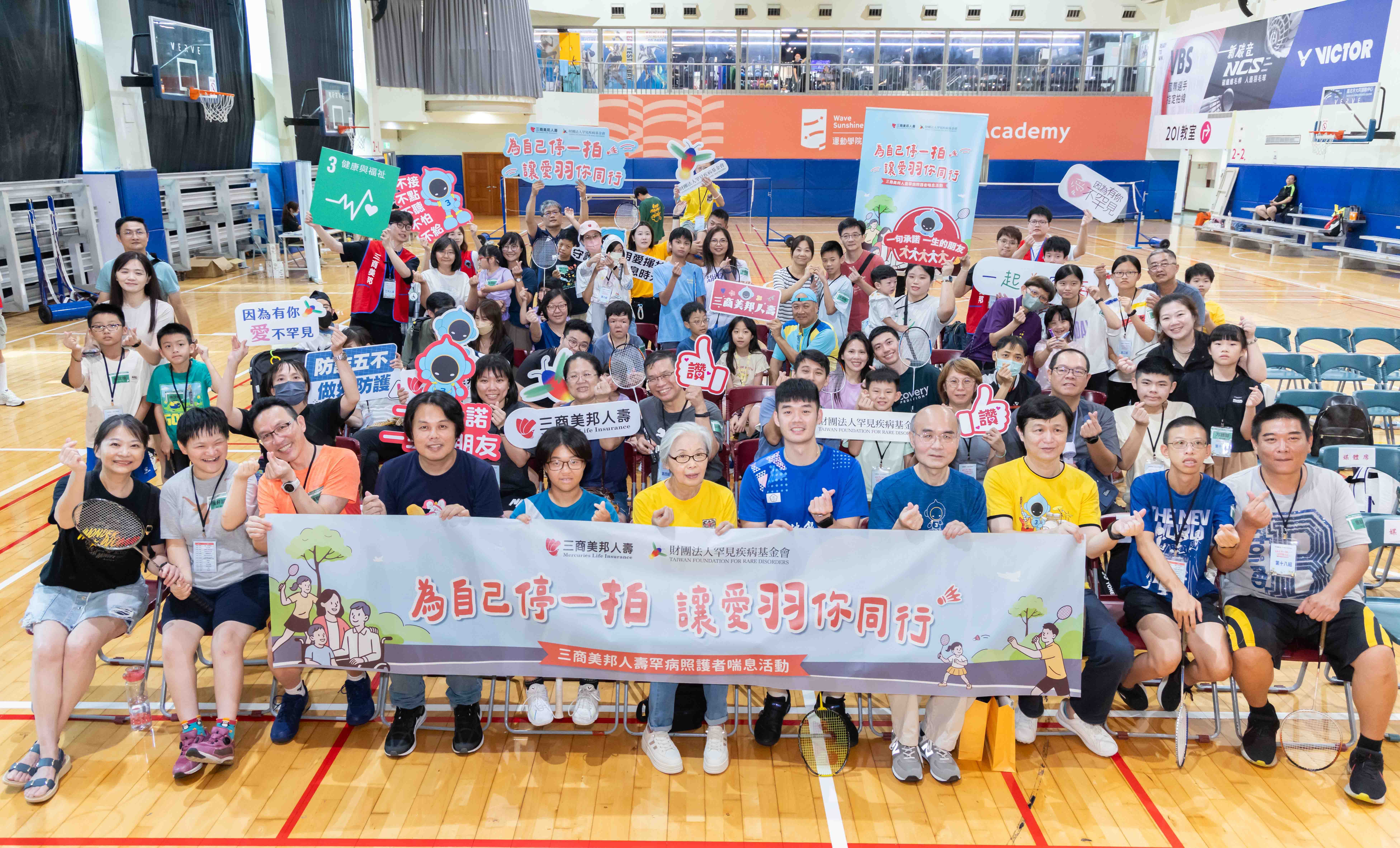News
Rotary Donates NT$1.1 million to EB Patients
Rotary International donated NT$1.1 million to Hereditary Epidermolysis Bullosa (EB) patients via the Taiwan Foundation for Rare Disorders (TFRD) for wound dressings and special formula.
“The TFRD’s dedication and efforts have gained attention from the international community,” said the director of Rotary International District 3522 at a press conference for the donation at the Mayor’s official residence on December 15th, 2018.
“The donation is contributed not just by the International Rotary headquarters but also by the Hong Kong Rotary Club of Mid-Level. Together, we want to do something for EB patients,” the director said.
EB is a noncommunicable disease (NCD) resulting from genetic mutations. A condition often described as “not an inch un-ruptured” as blisters or bleeding blisters can be caused with even the slightest touch on the skin.
Currently, EB cannot be cured. As the prevention of blisters and wound infection are key to EB patient care, patients and their families often spend hours a day on wound care using scissors, wound dressings, and gauze.
The TFRD received the donation after the Taipei Sunrise Rotary Club made such an application to the Rotary International.
The donation will also be used to hold a series of lectures on EB to medical professionals, and to publish a handbook on EB patient care.
Later in that day, almost 70 people, including patient’s families, attended a seminar.
At the seminar, Dr. Du from the Department of Dermatology, NCKUH, made a briefing on EB and its diagnosis.
Speaking of potential treatments, Dr. Hsu mentioned that researches are being done on cell therapies and gene therapies. He also encouraged EB patients to take good care of themselves and wait for future opportunities.
Nurses from NCKUH and NTUH shared their experience in wound care and clinical nutrition. They explained how extra protein and calories can help the skin regrow and fight infections. Patients also demonstrated how to clean wounds, deal with blisters, and choose the right type of wound dressings.
Translator: Jonathan Wilson (Bruton disease), Reviewer: Alex Chiang

